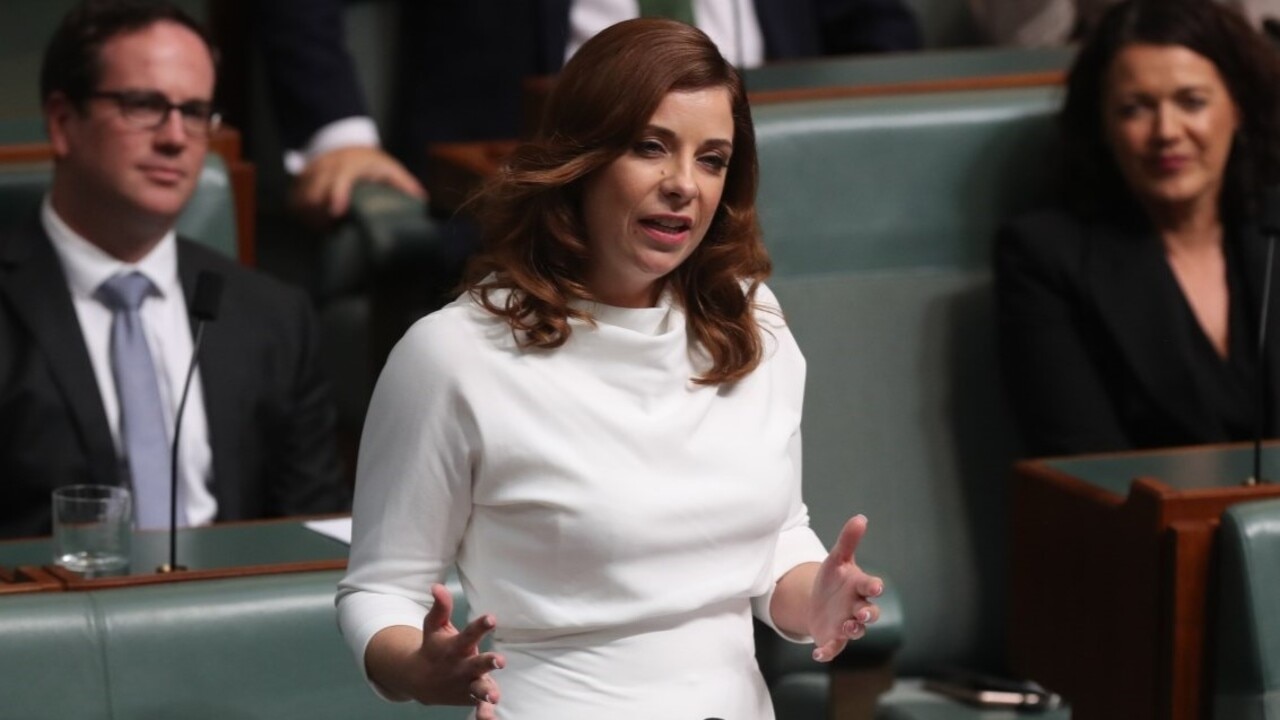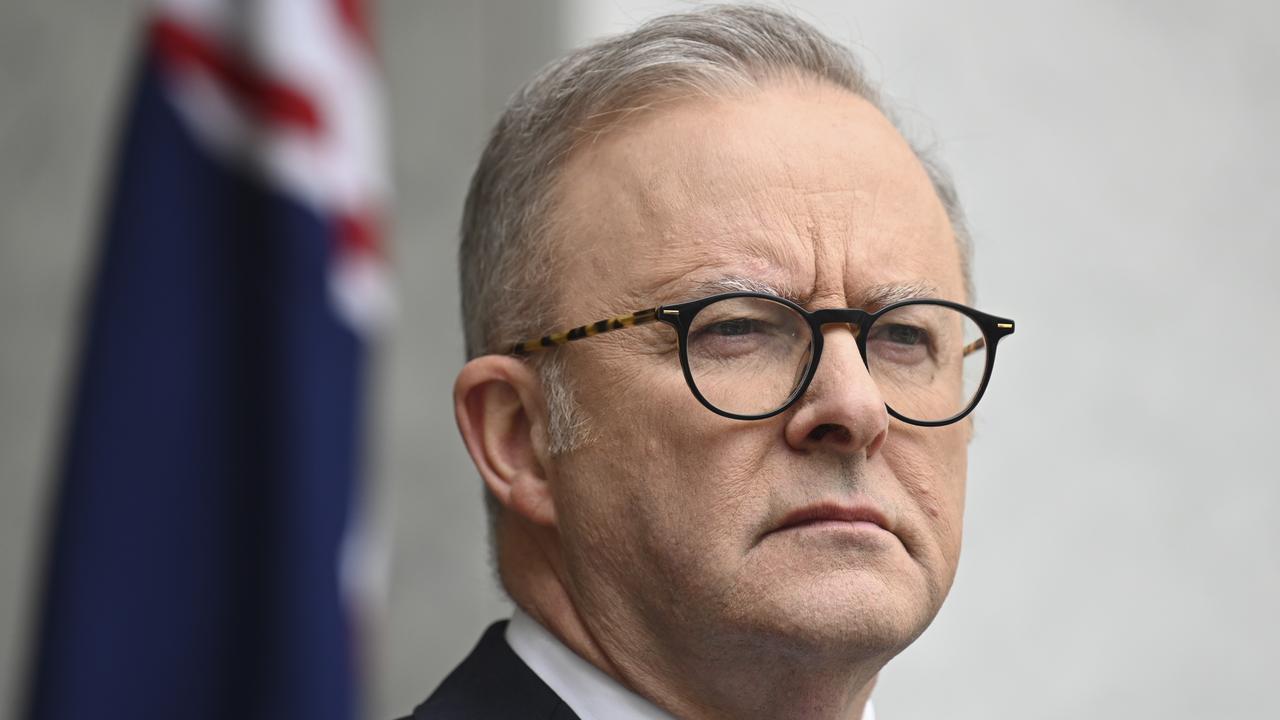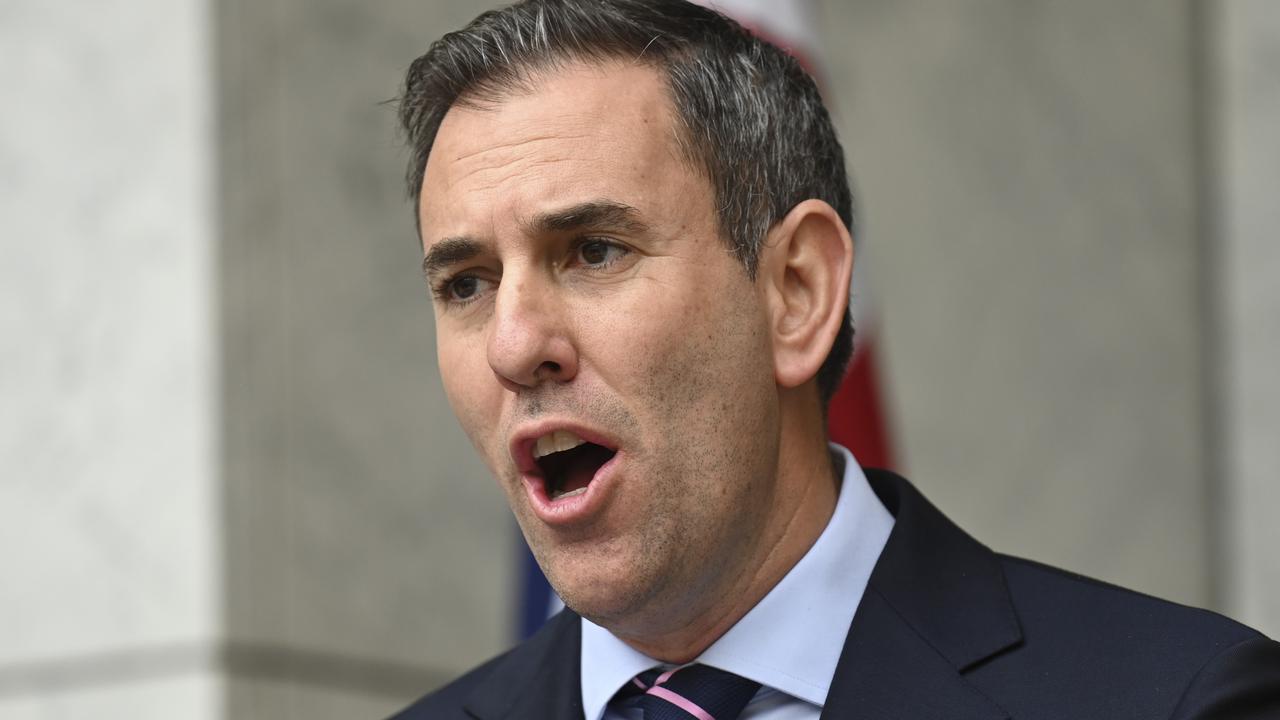Reforms to aged care sector to pass after government, coalition reached agreement
The Albanese government will introduce a $5.6bn package to help elderly Australians in the aged care sector after finally reaching a deal with the Coalition.

The aged care sector will be overhauled to ensure its “viability and quality” after the Albanese government and the Coalition finally reached agreement.
The Prime Minister announced on Thursday afternoon the deal, which had been months in the making, had finally been made after the opposition held it up earlier this week.
The new Aged Care Act will be introduced to parliament later on Thursday.
“We will deliver historic aged care reforms to ensure the viability and quality of our aged care system and support the growing number of older Australians choosing to retain their independence and remain in their homes as they age,” Anthony Albanese told reporters.

As a result of the reforms, about 1.4 million Australians will benefit from a new support at home program by 2035, helping them remain independent in their home and the community for longer.
A total of $5.6bn will be invested in a reform package and includes several major changes, including $4.3bn investment in Support at Home to come into effect on July 1 next year, new protections for Australians in aged care and stronger investigative powers.
A no worse off principle will apply for people already in aged care and there will be no change to the treatment of the family home.
“Reforms like this don’t happen every day. They are once in a generation and this is very significant,” Mr Albanese said.
“I do want to thank the opposition for their constructive engagement in this process.”

Speaking alongside Mr Albanese and Tresurer Jim Chalmers, Aged Care Minister Anika Wells, who worked in a nursing home as a teenager, added a personal touch.
“I wish I could have told them everything they said to that teenager in a dish cap would once contribute to generational care reforms for their children and their children’s children,” she told reporters.
“It has been an honour to return to this sector and have this opportunity as a minister to bring it out of the shadows and into the light and prepare it for a future that all older Australians can rely on without any more fear.”

Treasurer Jim Chalmers said the number of people in homecare had increased more than four times in just 10 years, and that Australia’s aged population will continue to grow substantially.
“It is a good thing that Australians are living longer and healthier lives and this is how we meet the rising costs of their care,” he said.
“The government spending in aged care over that period is expected to double as a share of the economy and that makes it one of the fastest-growing areas of spending along with health, NDIS, defence and interest costs on debt.”

Mr Chalmers said the net impact of the changes is expected to be $930m spent over four years but a $12.6bn save over the next 10 years.
Aged care spending will continue to grow at an average of 5.2 per cent, not 5.7 per cent over the next decade.
“That means that as a share of GDP over the next decade, it will moderate from 1.5 per cent of the economy down to 1.4 per cent, even with more people in the system and a higher standard of care at the same time,” he said.
The opposition has responded to the Aged Care Bill with both triumph and caution.
It welcomed the legislation with Coalition provisions on one hand, but on the other accused the government of operating under a “veil of secrecy”.
“Australians who have worked hard their whole life must be dealt a fair deal,” opposition aged care spokeswoman Anne Ruston said.
“The Coalition has advocated on behalf of all older Australians currently in the aged care system to guarantee that they will not pay one cent more for their aged care.”
The senator said the Coalition remained “disappointed by the lack of transparency that has been shown by the government through this process, with conversations forced to occur behind closed doors.”
“We look forward to now having an open conversation with older Australians and the aged care sector about the government’s proposed reforms,” she said.





